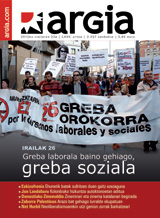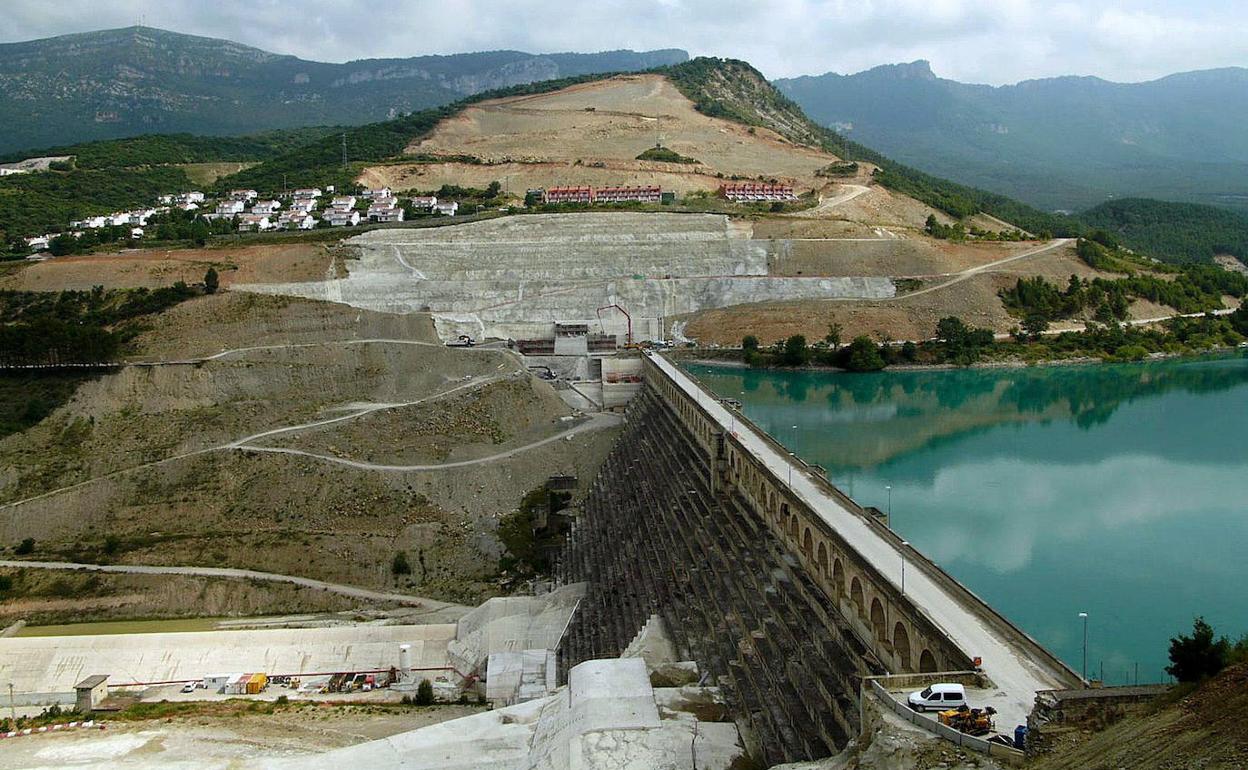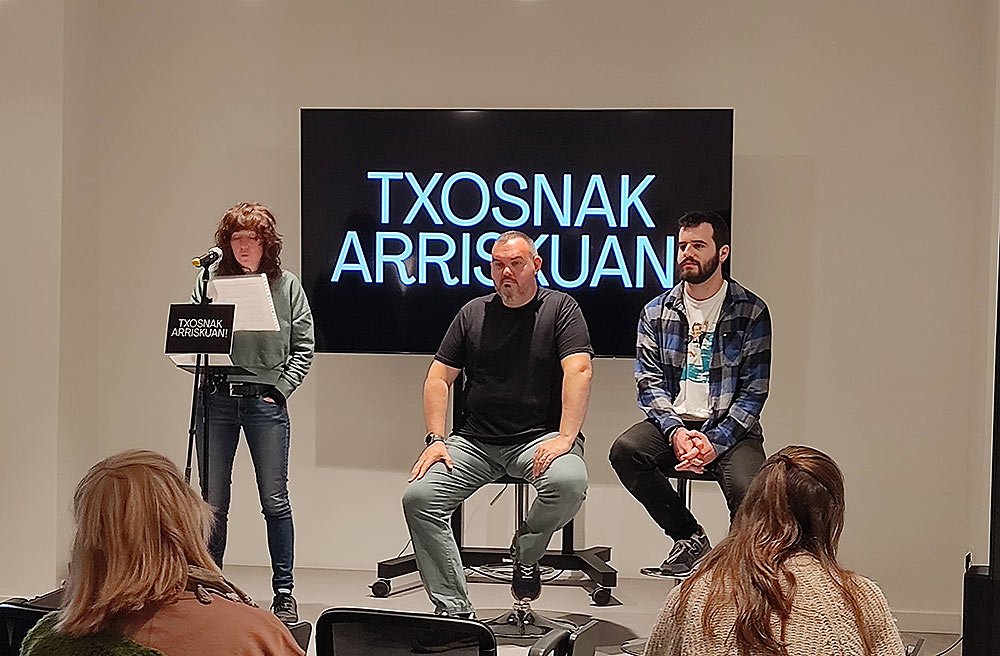Nuclear Council without guarantees
On the right track, they could close the Garoña nuclear power plant the following year, but it would be a decision for reasons of economic interest, not for the security problems of the oldest power plant in the Spanish State. The Nuclear Safety Council (CSN) has for all these years maintained a position in favour of keeping the Garoña (Burgos) nuclear power plant open. What credibility can a fully politicised Council have and which has so far acted to the benefit of the nuclear power industry?
The starting point is significant, as the five members of the Council are elected by the political parties: The pp has agreed two (Fernando Vicente Castelló and Antonio colino), the PSOE another two (Carmen Martínez and Rosario Velasco) and CIU one (Antoni Gurguí). The politicization of the CSN is evident: Castellón has been a member of the pp and spokesperson for the party on Industry and Energy. Velasco and Martínez have been members of the PSOE and Gurguí was General Director of Industry with CIU, in the Generalitat of Catalonia, and Chief Executive Officer of Industry. Initiative per Catalunya Verds voted against her candidacy to the CSN for having a “very pronuclear profile”. The nuclear industry is directly related to Colino, a nuclear electrical engineer who was director of the Endesa nuclear section and chairman of the company Enresa, dedicated to nuclear waste, before entering the Council.
In the case of Garoña, the CSN has taken two fundamental decisions over the years. In 2009, it was agreed to extend the continuity authorisation, although the plant did not meet the above requirements (replacement of the cable power grid and repair of the emergency ventilation system). Cracks in the reactor vessel due to corrosion were not an obstacle to plant continuity. This year also recommended the extension until 2019, before the stress tests requested by the European Union were carried out.
In the case of other State power plants, the authorities of Vandellós II kept the corrosion of a tube hidden, but the CSN handled a report criticising its behaviour (2001). Despite knowing that the corrosion level of the ship at this plant was high, the CSN (2004) gave its approval to continue to operate, “with a higher level of risk”, it later acknowledged. Three managers from the Ascó I plant and one CSN inspector are charged for concealing a radioactive leak for five months (2007). What is more the background, and all of them show that until their links with nuclear power companies and the political parties that have placed them in office are broken, that is, until they are elected on the basis of other criteria, it will be difficult for CSN members to carry out truly independent and independent work: ensuring the safety of nuclear power stations – the citizens –. Otherwise, it shall remain an entity subject to other interests, intended to keep appearances.
Andrea Velasko dietista eta nutrizionistak elikaduraren bidez menopausiak eragindako aldaketak kudeatzeko zenbait gako eman ditu.
BRN + Auzoko eta Sain mendi + Odei + Monsieur le crepe eta Muxker
Zer: Uzta jaia.
Noiz: maiatzaren 2an.
Non: Bilborock aretoan.
---------------------------------------------------------
Ereindako haziek ura, argia eta denbora behar dute ernaltzeko. Naturak berezko ditu... [+]
Antonio Turiel fisikari eta CSICeko ikerlariak aspaldiko urteetan ez bezala bete zuen Hernaniko Florida auzoko San Jose Langilearen eliza asteazkenean. Zientoka lagun elkartu ziren Urumeako Mendiak Bizirik taldeak antolatuta Trantsizio energetikoaren mugak izeneko bere hitzaldia... [+]























